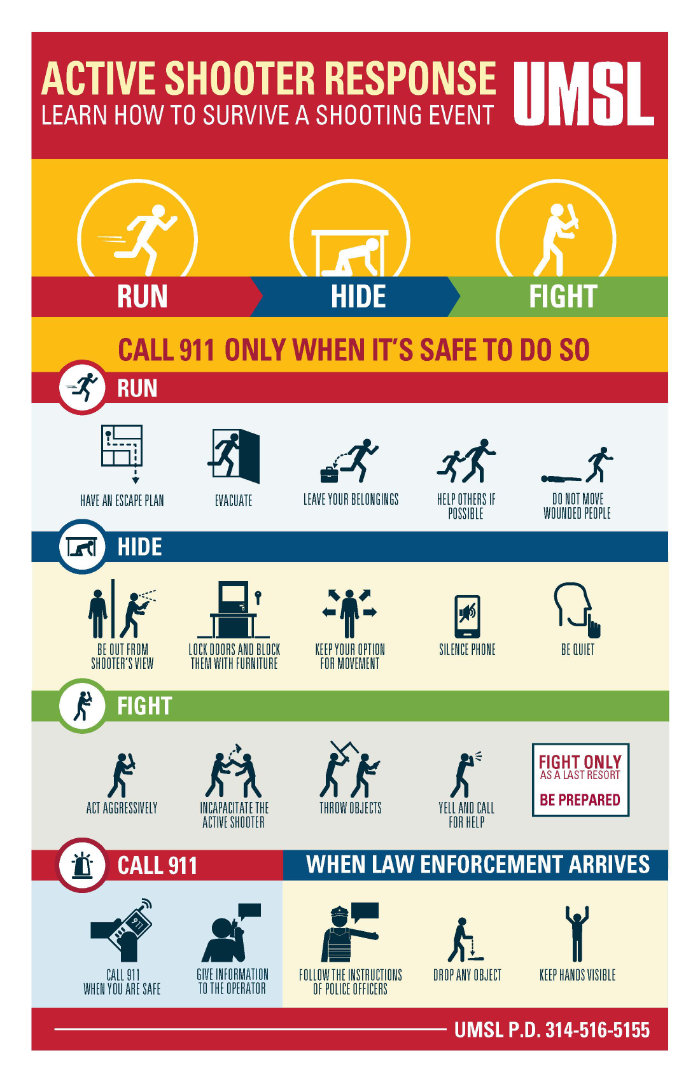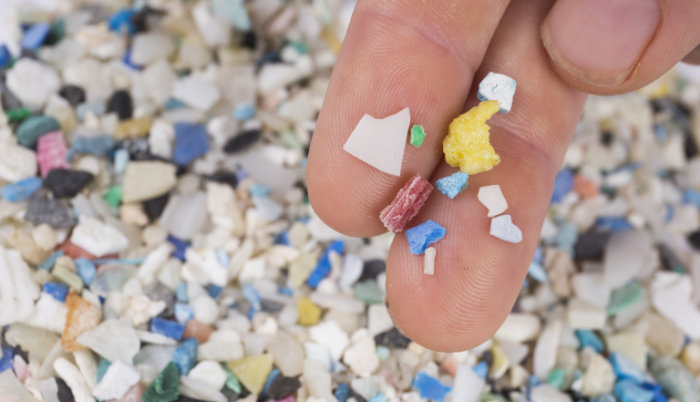Ukraine war
There have been 95 potential war crimes documented in Ukraine so far. The UN suspended Russia from the Human Rights Council and Greece will ask the International Criminal Court to investigate alleged war crimes in Mariupol.
Eastern Ukrainian cities are under evacuation orders and more refugees are leaving Ukraine. Krakow, Poland grew 20% since the start of the war and is starting to feel the strain. Some refugees might not be going home after the war ends, creating new socio-economic, and political dynamics in the welcoming countries.
Since Russia invaded Ukraine 6 weeks ago:
More than 4 million have fled to bordering countries.
Another 7.1 million have fled to safer regions in Ukraine.
This is what an exodus of 11.4 million people looks like.https://t.co/0NKTi7fzlr#NBCNewsThreads
— NBC News (@NBCNews) April 7, 2022
SpaceX and USAID have delivered additional 5,000 Starlink terminals to Ukraine.
Here are the latest updates.
Economy and supply chain
US Congress suspended normal trade relations with Russia, and banned Russian oil, liquefied natural gas, and coal.
The White House is to extend the student loan pause through August.
What does it mean:
- Borrowers won’t be asked to make payments until after Aug 31.
- Interest rates will remain at 0% during that time.
- People who were behind on payments before the pandemic will automatically be put in good standing.
The EU will ban Russian coal starting mid-August. The UK will ramp up the production of nuclear and wind energy as it aims to generate 95% of Britain’s electricity from low carbon sources by 2030 and tackle the energy crisis.
Walmart is retraining warehouse workers as truckers in order to ease their trucker shortage. The salary for new truckers is between $95,000 – $110,000.
Plastipocalypse
Microplastics have been found deep in living human lungs. The main culprits were, again: PET and polypropylene (PP).
Microplastics have also infiltrated the deep sea’s main food source. Scientists worry that they could alter the ocean’s role in one of Earth’s ancient cooling processes.
There’s reason to believe that microplastics can cause health concerns, from damage to human cells to disruption of immune and endocrine systems, and damage to organs.
Plastics are ubiquitous and we still don’t understand the full impact of microplastic exposure. What can you do to limit exposure or shedding of microplastics:
- Use a reusable stainless steel bottle or glass to drink.
- Limit takeaway, fast food wrappings, and packaged food.
- Use a respirator or pollution mask if you live in a high-pollution area.
- Use filters to catch microplastics when doing laundry.
Climate and extreme weather
Air pollution from wildfire smoke in the Pacific Northwest will double or triple in the coming years.
Researchers predict another above-average Atlantic hurricane season. The prediction includes a 71% chance that major hurricanes (Cat 3 and above) will land on US soil. Learn how to prepare for hurricanes here.
There have been 38 tornados this week in Mississippi, Alabama, Georgia, and South Carolina that left three dead and the state of Georgia under a state of emergency.
Severe weather is expected in the next few days:
An expansive and multi-faceted storm system is forecast to strengthen rapidly as it travels from the Rockies to the Great Plains next week, and AccuWeather meteorologists say it could result in a five-day stretch of threatening severe weather. https://t.co/iItPM1Sb57 pic.twitter.com/jg14pyHlgH
— Breaking Weather by AccuWeather (@breakingweather) April 8, 2022
Covid
The new Covid relief plan covers the purchase of more vaccines and therapeutics and the maintenance of testing capacity and research. Extra funding for the uninsured and global Covid aid are left out of the package.
The federal employee COVID vaccine mandate is reinstated.
Covid resources:
- Check your local community levels to assess your risk and decide on what preventive measures to implement.
- Quarantine or isolate? calculator.
- Where to find treatments, vaccines, and tests.
The rest
There have been already five mass shootings in the US in 2022, with the recent in Sacramento, CA being the deadliest in the city’s history. Summer is statistically when the most shootings occur.
Here is what you can do to prepare:
- Practice situational awareness (i.e. know your exit routes, call the police if seeing something suspicious, etc).
- Learn first aid skills, especially how to stop the bleed (i.e. apply pressure). If you carry one item in your IFAK, make it a tourniquet.
- During: Run, hide, or fight as a last resort.
- After: Follow the law’s enforcement instructions. Keep your hands empty and visible at all times as you could be mistaken for a shooter.

A look at people’s go-bags from around the world. Cell phones, electronics, and IDs seem to be ubiquitous. Keep extra charging cables and/or a battery charger, as well as copies of the most important documents in your EDC or go-bag. Here is TP’s beginners bug out bag checklist.
How the prepping community has shifted from cold-war doomsday bunker prepping, to self-sufficiency and community-building:

You are reporting the comment """ by on